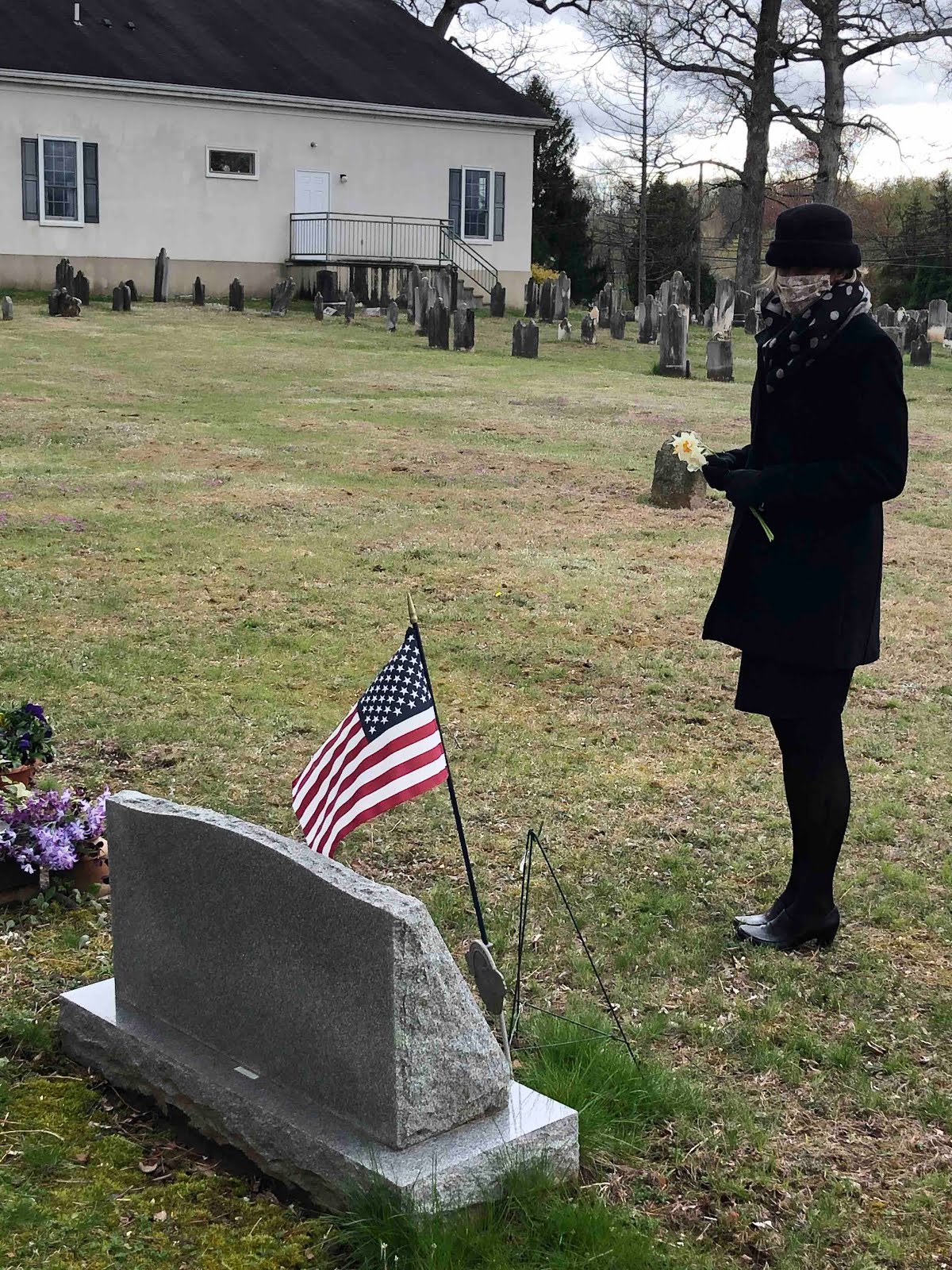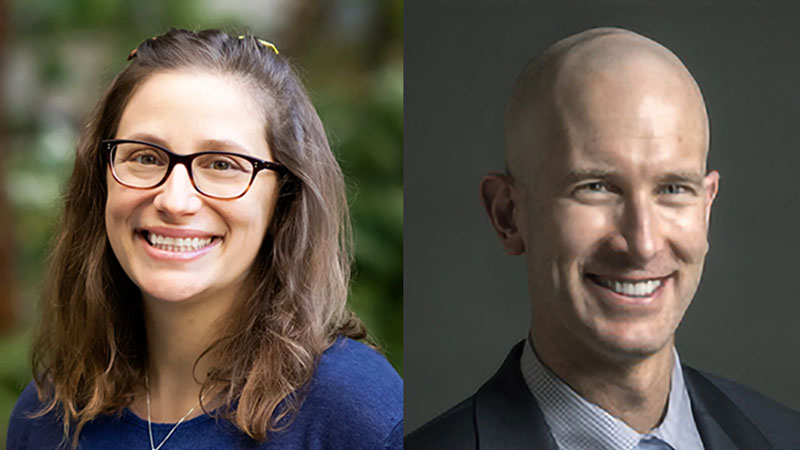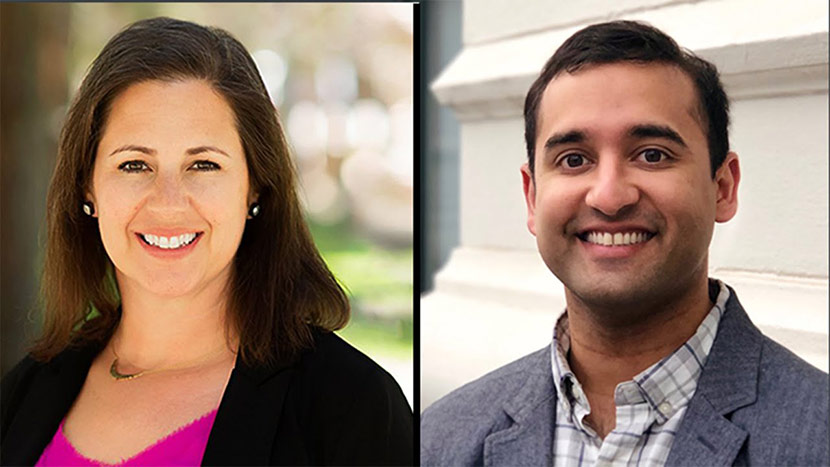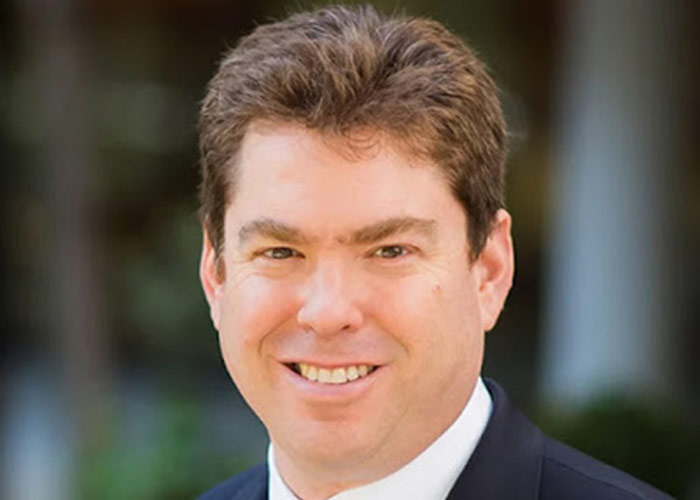
by: Bridget Blitz, LCSW
The death had nothing to do with COVID-19 and the funeral had everything to do with the virus. To lose a young member of the family with no warning or preparation is emotionally wrenching. To lose this same bright and eager person during social distancing limitations felt like a supreme torture as all the usual rituals were marred by masks, distance, rules and fear.
Each attendee to the funeral service wore a mask and stood at a distance of at least six feet from another guest, unless the guests came together from the same family. Clusters of family members gathered in the cold wind and tried to express the loss, love and appreciation for the person who had left us. We caught up in small bunches and discussed how everyone was managing this loss, work, loss of employment and social distancing. Some families came separately from younger, independent family members who returned home from lonely urban apartments whose occupants had fled to their own parents’ homes. These young people needed to keep a distance, however, from their parents and so stayed on another floor, with a separate bathroom if possible and with food brought to them at a distance. There were stories of job losses, of layoffs, of not visiting elderly relatives for fear of placing them at risk and of a family member whose cancer treatments were continuing despite the new times in which we now lived.
Ten people could enter the funeral home at a time. Crying alone inside a mask and not being able to hold those around us was excruciating. How do you portray to others at a distance that you love them and care for them? Some of us made the arm gestures of a hug, others patted their own chests over their hearts and others blew kisses through their masks. We reached out and pretended to touch the belly of our niece who would soon give birth to a new life. With permission, of course, since feminism runs strongly through the family and through the beautiful soul who had left us.
How do you walk by a grieving parent or grandparent, sitting near the casket, without providing a strong hug, an “I love you” and “I am so sorry”? Gestures seemed weak and less than what was needed. We moved quickly to the photos of the young person spread around the funeral home to commemorate who he was, the adorable child with the playful grin, the young adult with long hair and the beloved family member and friend. We did not linger because there were more family and friends who still needed to enter the funeral home so we returned to standing outside. A son asked his mother, “Mom, what can we do?” when he saw an older family member sobbing and leaning on her car as she waited for her family to leave the funeral home. The mom explained that we told her we wished we could hug her, we listened to her grief, we offered our verbal support and we are still here for her. It is greatly modified support and we wished we could provide more. I could hear little of what she said as she cried through her mask but her eyes spoke much more of the pain and confusion she felt.
The funeral Mass was held and we rushed to sit in our cars and tune into the Zoom meeting over which the Mass was streamed. We cried either alone in our cars or with our small family groups and struggled to imagine how the young man’s mother and sister had the emotional strength to celebrate the young man, to read poems and to pay a powerful tribute to him from deep within their fresh grief.
After the Mass, we drove to the cemetery and were told to spread out our cars while parking them to reduce the impression of a funeral and burial during a time of enforced social distancing. A police car provided escort and sat next to the cemetery as we grieved. Again, small clusters of family and friends huddled in the cold air and sobbed as the priest prayed and we each, at a long distance, laid flowers on the casket. There was no lingering afterward, no hugging and we were not close enough to hear one another over the wind. There was no gathering to share a meal, only a sad ride home with more tears and texts of support to the family over the following days and weeks.
How will we as a nation and as humans around the world properly grieve our losses during this time of increased death and distance? How to we ensure that people do not succumb to the incredible pain and loneliness that comes after such a deep loss? There are bereavement groups on line and grief counseling on the phone and over video. Will that be enough? Who will be there to bring meals to the bereaved and to help them clean out the room of the person they lost? How will we measure the damage of social distancing when this is over?
What we took comfort in is that we were there for our family and will continue to be there as they struggle to make sense of their loss. We made the gestures of love toward one another, without touching, and perhaps forced ourselves to say more that we would be too shy to say before COVID-19 emerged.



